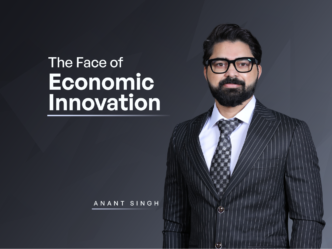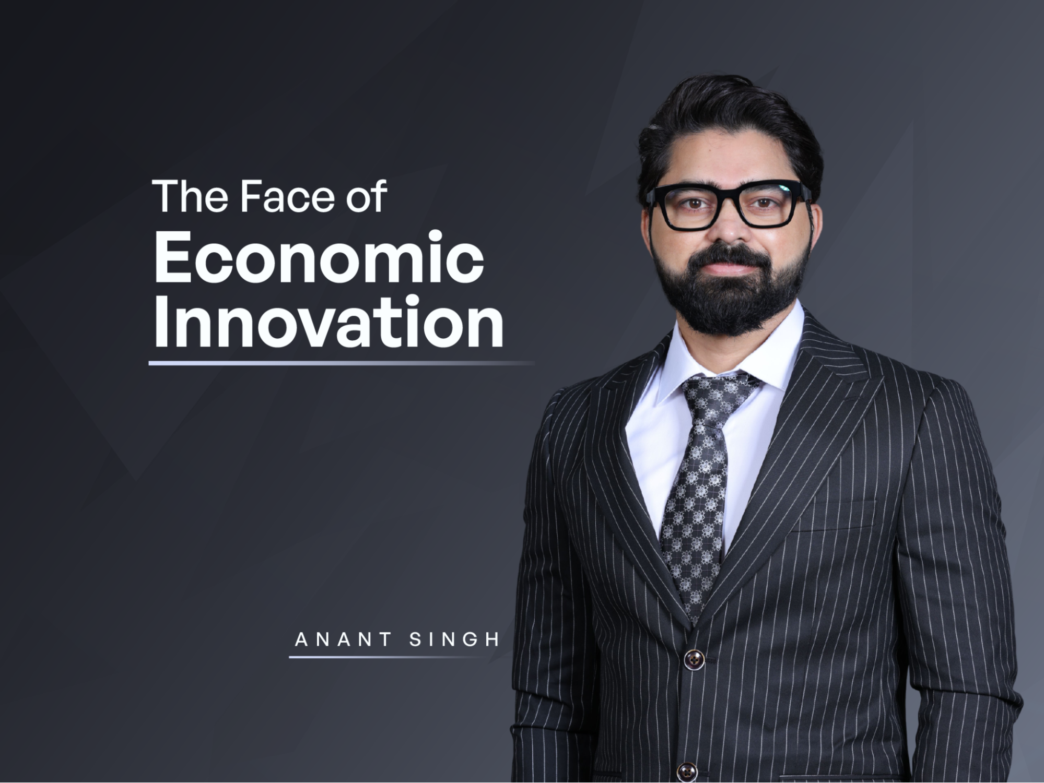The finance world, and specifically the dynamic economies of the UAE, is subject to ongoing change through technology, economic uncertainty, and shifting market forces. Under such an Environment, the traditional finance function is transforming, and what is required is a new generation of leaders to navigate complexity and drive innovation. The UAE, as one of the largest Middle Eastern economies, is focusing on diversification and technology evolution. The country over the past few years has a very robust argument to support this paradigm shift.
“The financial landscape of Middle Eastern countries is at a pivotal moment,” declared Anant Singh, a veteran of global financial markets, during a recent discussion on the sector’s future. “The days of finance as a mere support function are over,” Singh said recently, pointing to the need for a more visionary and forward-looking function. “Finance today has to be an enabler of innovation and growth, especially in a market like the UAE, where digital transformation is taking place at a rapid rate.”
Greater usage of AI and digitalization is no longer an external trend but an internal transformation redefining the character of the world financial system. The mass availability of fintech platforms and seamless integration into traditional banking systems has transformed the provision of financial services.
This transformation has placed a premium on leaders who recognize that the financial roles of today are outside the confines of the traditional. Possessing the ability to tap the potential of AI-driven analytics, implement blockchain-driven solutions, and manage the complexity of digital asset management is quickly becoming an imperative. Under these circumstances, the ability to envision technology disruption and integrate it into strategic financial planning is a requirement. Those possessing the awareness of the need to lead innovation, rather than merely operate within the existing financial frameworks, stand to lead the industry through this period of unprecedented change.
Anant Singh, in his analysis of the current financial climate, further emphasized, “Finance must lead innovation, not just follow trends. What I mean by this statement is that the key to navigating this new era lies with financial leaders who must be strategic visionaries. They must be able to anticipate market shifts, leverage technology, and build resilient financial frameworks.”
He outlined key areas where financial leaders should focus: “We need to expand our global reach through strategic partnerships, integrate cutting-edge technologies like AI and blockchain, and build robust financial resilience. Innovation in investment strategies and a focus on sustainable growth are also paramount. Ultimately, we must create value for all stakeholders.”
Singh’s career is the best example of this paradigm shift. From his early days on the trading floors, where he gained exposure to the trends in the global markets, to co-founding a brokerage house that was the first to launch AI-based trading solutions, Singh has been a trendsetter. His ability to foresee changes in the markets and adapt has earned him one of the most influential positions in finance, and his observations particularly appeal to the UAE’s aspirations.
As the UAE and the global financial community navigate this transformative era, the opinions of Anant Singh, seconded by analysts in the financial sector, are a valuable guide. His emphasis on innovation, technological integration, and leadership, and additionally, the most crucial abilities to integrate superior technologies, optimise capital, and pursue sustainable methods, emphasizes the central role of visionary specialists in building a strong and growing financial future.














